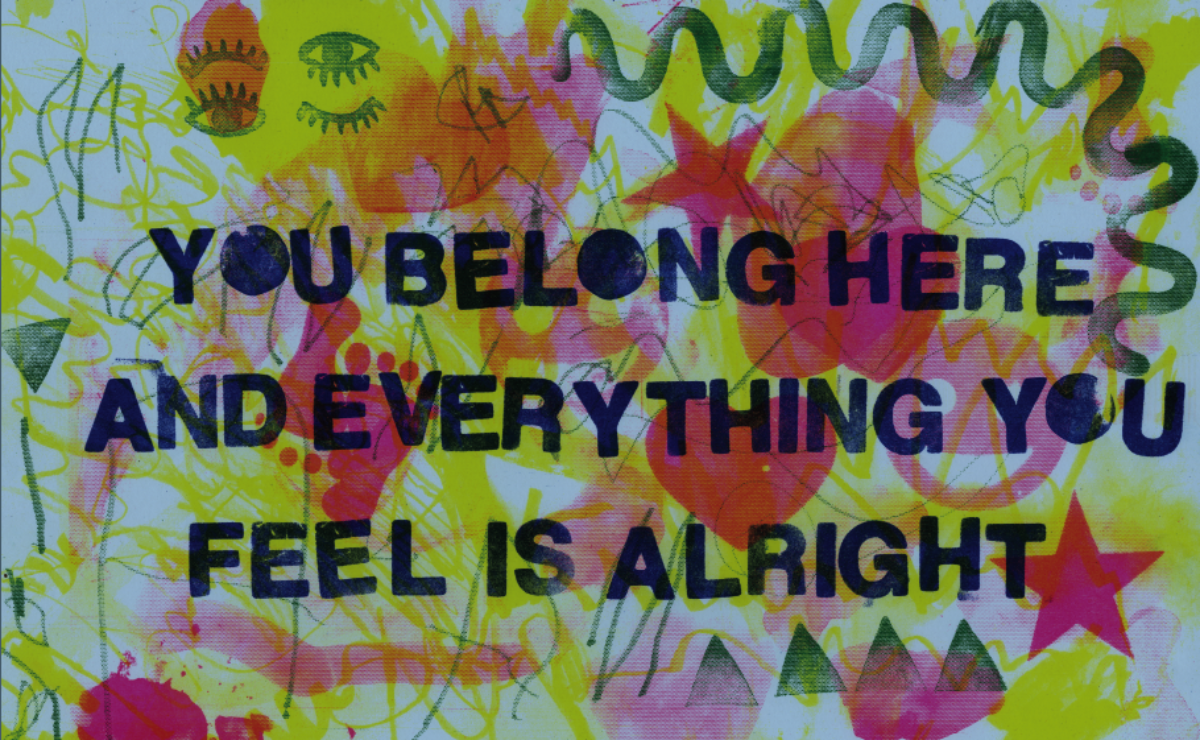Throughout the second wave of feminism many different political and social stances were taken. Their was also a divergence in the Women’s Rights Movement. There were white women feminist who felt at the time, enough has been done and women made there mark on the patriarchal sexist society. Then there were women who knew there was still work to be done, most of the time it was the disadvantaged women of color whom saw this need for change. There was a clear division in the Women’s Right Movement.
While watching the movie, “Born in Flames” there were a few themes attributed with the movie. One of them being the lack of understanding of the Women’s Army and their objective. As well as, the division of women. During my analysis of the movie I noticed one thing in particular and that was the perception of the Women’s Army. In one scene of the movie there were two black women speaking in regards to the Women’s Army. One women talked about how The Women’s Army came to the aid of a rape victim on bicycles while blowing whistles. Her perception of the Women’s Army was that they were childish, or shouldn’t be taken seriously, she then said they “weren’t mature enough” for her. While the other woman wanted to educate her friend about the Women’s Army and their attempts to unify women, help the community and help raise jobs. Both of these perceptions of the Women’s Army are valid because they both come from the individuals perspective of the Army. However, this exemplifies the clear division between women, some thought the women’s movement still had some internal work to do with the organization. Other believed if women were to unify they would be an unstoppable force, but how can women unify when their goals are drastically different.
Another theme I came across while watching the movie and reading the articles was the goal of the Women’s Rights Movement. Initially, I believed the goals of white women to be different of that than black women however, this couldn’t be further from the truth. There were many white and black women fighting the same battles, for women to be more present within society and the liberation of women. It is seen in the movie that women were laid off from their jobs based on sexist ideologies that women were taking jobs from men or did not belong in the workforce. Then there were political steps taken to disadvantage women, mostly minority women. Cut backs in daycare, ending free abortions, forced sterilization of minority women and firing single women who were head of household. It seemed to be a political war against the liberation of women.
Finally, a theme that held significance while reading, ” How we get free” was that black women were forgotten about when being liberated or valueless. One quote that stood out to me was, ” but it is apparent that no other ostensibly
progressive movement has ever considered our specific oppression as a priority or worked seriously for the ending of that oppression. Merely naming the pejorative stereotypes attributed to Black women (e.g., mammy, matriarch, Sapphire, whore, bulldagger), let alone cataloguing the cruel, often murderous, treatment we receive, indicates how little value has been placed upon our lives
during four centuries of bondage in the Western Hemisphere.” The author felt as though during the first and second wave of feminism, and during the Civil Right Movement, black women were forgotten about. No one consistently put the effort into liberating black women who contributed to many different movements at the time. I believe the message she was trying to convey was if we don’t step into ourselves there will be no justice for us. Another difference in women at the time can be seen in, “Born in Flames” when a woman talks about her mothers experience raising children. Her mother had to work a job to provide for her 8 children, but there weren’t any daycare services for single mothers at the time, especially in low income areas. Her mother also did not have an option for an abortion similarly to what many of the women during that time have faced.
